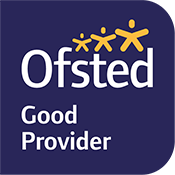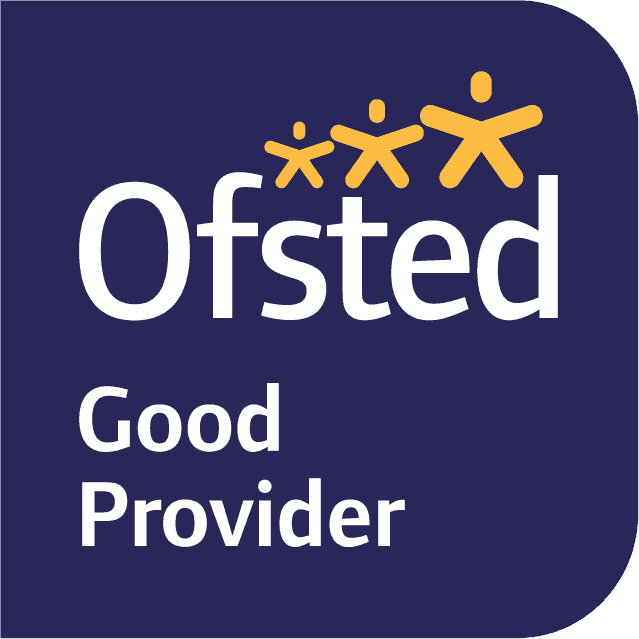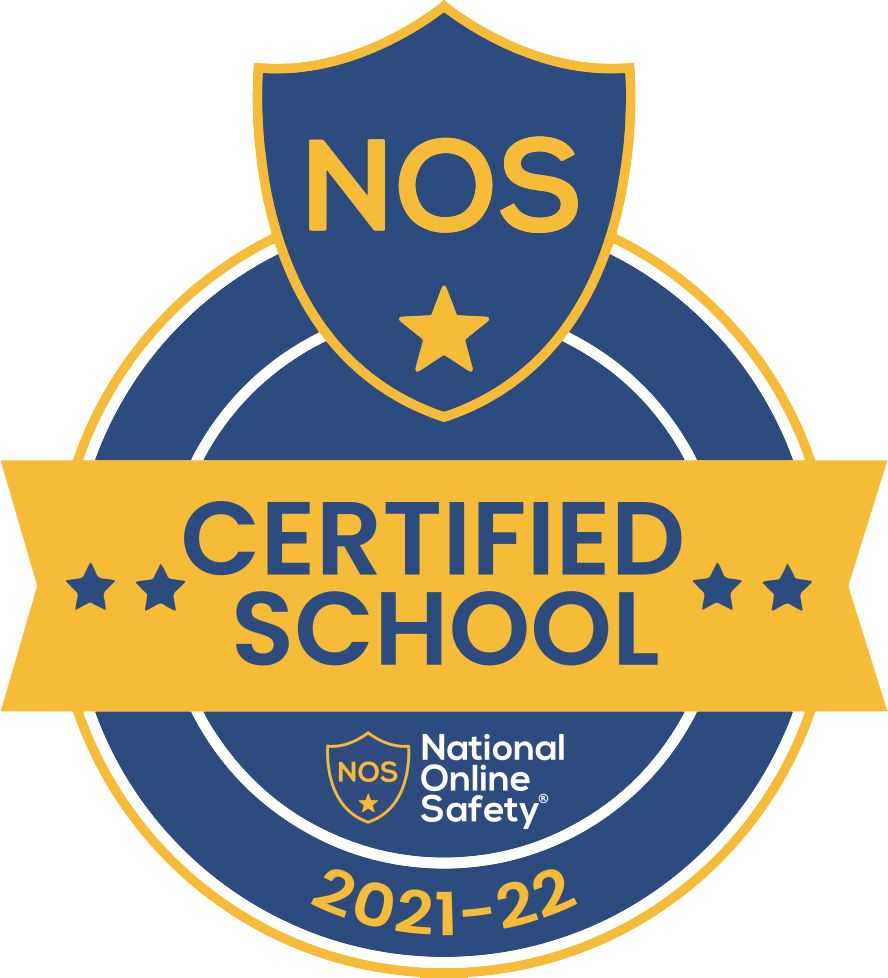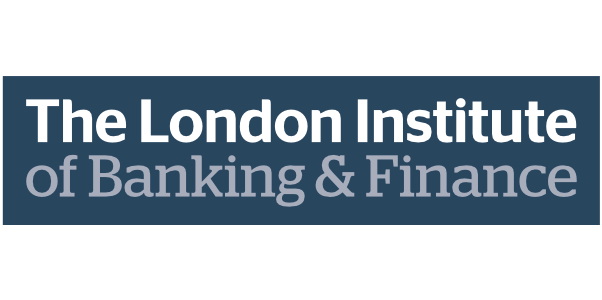Curriculum Intent: Subjects
MATHS
The mathematics curriculum intent is comprised of the following 3 sections:
-
Our vision for the maths faculty
-
Defining what the key concepts and core domains of knowledge that pupils will study during the course of their education
-
The end points of our curriculum at the end of each year
-
Our Vision
In order to achieve our Curriculum Intent, we have designed our curriculum around the following Principles of design:
-
Aspiration – Mathematics provides an effective way of building mental discipline and encourages logical reasoning. Mathematical knowledge also plays an important part in understanding the content of other subjects such as science, social studies, and even music and art. The mathematics department embeds termly careers lessons into the main curriculum to provide a broader experience of maths in the working, and every day, world. Higher ability students have the opportunity to enter into the UKMT (United Kingdom Mathematics Trust) maths challenges, both Junior and Senior.
-
We have high expectations of our students and understand that we need to adapt our teaching to meet the needs of all students. At KS4, we have introduced GCSE Statistics that will be taught alongside GCSE mathematics, enabling students to gain an extra qualification. We have also introduced Further maths at A-level.
We have high expectations of our students and understand that we need to adapt our teaching to meet the needs of all students. At KS4, we have introduced GCSE Statistics that will be taught alongside GCSE mathematics, enabling students to gain an extra qualification. We have also introduced Further maths at A-level.
-
Core knowledge – The maths department follows the national curriculum and is tiered in KS3 and KS4. Throughout their time at KSA, students are taught how to use and apply number facts, to manipulate algebra and solve algebraic equations, to present and process data, to work out probability and to apply geometric facts. We spend adequate time teaching students how to apply core knowledge in the correct way. Our students are also expected to be able to apply their understanding (with support when required) to of each of the strands to problem-solving questions.
-
Skills – Maths is a series of underpinning skills, which when built upon, can create rich problem solving and reasoning questions that require deep thinking. This encourages students to think independently and to solve problems and puzzles. These are skills that are needed in a range of situations throughout life, both in the workplace and everyday situations e.g. budgeting, finding the right internet/TV package and deciding on the best loan/mortgage deal. We encourage students to read and understand what they have been asked to work out and to use an effective method to solve problems.
-
Developing cultural capital – our mathematicians are entered in the Junior; Senior and other maths challenges every year. The maths department create termly careers lessons for each year group to help students gain an understanding of maths in different employment areas. This gives students an opportunity to see how maths is used everywhere; to inspire students to want to do well in maths and see the relevance of the subject in the wider world. This will help students to be able to critically appraise information they are presented with especially on social media platforms.
-
Developing character – Enabling our students to RISE. In particular developing our Core Values of:
-
Respect – mutual respect is encouraged in all maths lessons this requires everyone actively listening when a teacher is explaining and modelling the work and when a student is contributing to the lesson. Cold calling is used in lessons and students put their hands up and wait until their teacher gives them permission to speak.
-
Independence – within maths lessons, there is always an opportunity to attempt tasks independently. More able students within each group are given more challenging work to stretch them. These tasks require deep thinking and application of key skills to more complex problems independently. In addition, students are set independent learning tasks to be done outside timetabled lessons to consolidate their understanding and to challenge their thinking. This helps create discipline and time management among other things.
-
Service – our aim is to build resilient learners who will be able to use their skills in everyday life. Supporting the students to become better mathematicians will help them leave KSA with a good set of results which will expand their life chances. It is common practice for maths teachers to offer after school learning and revision sessions in order to support students to achieve their targets and beyond. These sessions encourage and develop a range of skills necessary to sit GCSE/A level exams with confidence.
-
Empathy – Students are treated with empathy and are encouraged to show understanding to other students and all staff in the academy, irrespective of their role. Students that need extra help are given opportunities and encouragement to reach their aspirations. We ensure that paper homework is provided for students who do not have adequate access at home.
-
Identifying and addressing context specific need – our pupils are valued members of our community and they come with specific contextual needs. Our curriculum caters for and differentiates for all students, irrespective of their starting points. The mathematics faculty helps them to develop their ability to use mathematics in a range of topic areas and where necessary, specialist equipment is provided and funding is used to ensure that the gaps between disadvantaged students and their peers is narrowed. The maths department adopts an equal opportunities policy and we use appropriate strategies to support all students (including SEND students).
-
Learning is sequential – In maths, we follow a spiral curriculum which builds upon previous learning with interleaving, revision, deepening understanding of topics and regularly narrowing/closing gaps in learning. We use retrieval practice in daily lessons to aid retention of key concepts.This allows students the opportunity to develop their ability in maths and to tackle more complex topics and questions as they transition between KS2 and KS3 and grow from KS3 to KS5.
ENGLISH
English Subject Intent:
Our intent is comprised of the following 3 sections:
- Our vision for the subject/faculty and the purpose it serves for our pupils
- Defining what the key concepts and core domains of knowledge are, that pupils will learn about
- The end points our curriculum is working towards
Our vision
Aspiration – to help students to understand the vital importance of English communication in all its forms and its role in enabling them to pursue their dreams in a huge variety of careers. To offer a range of aspirations linked to the literature and language of the UK and the world.
Core knowledge – This is the ‘What?’ of the English classroom. All students are taught a knowledge-rich English curriculum, adhering to the National Curriculum, which examines fiction and non-fiction over time, examining how story-telling has developed from the earliest myths and the ideas, concepts and stories that have shaped the world. We aim to introduce our students to texts which offer windows and sliding doors into other worlds and times as well as mirrors that have something to tell them about their own lives today. Alongside these high-quality texts we also explicitly teach grammar, vocabulary, spoken language and expressive and persuasive writing.
Procedural/Powerful knowledge – The ‘How?’ and the ‘Why?’ of the English classroom allows students to apply their knowledge of the following to developing their own interpretations of texts as well as creating their own texts: form, structure, genre, context, the writer’s craft, critical interpretations, spelling, vocabulary, syntax and grammar. At the heart of this is developing students’ own critical responses to everything they encounter and the ability to justify and support these responses with evidence, as well as being able to confidently express these ideas orally or in writing.
Developing cultural capital – by offering high quality texts we look to provide students with experiences beyond the everyday. We study ancient mythology, Shakespeare, the Romantics, 19th Century literature and modern and contemporary writers and ensure the link to social justice is clear and defined for each unit. We offer opportunities to experience the theatre across all Key Stages and look to offer as many positive experiences of reading, writing and speaking as we can.
Developing character – enabling our students to RISE. In particular, developing our Core Values of:
- Respect – texts studied show the different ways respect can be earned or denied to groups or individuals; both fiction and non-fiction texts examine prejudice and bias and ways that these can be resolved.
- Independence – this is encouraged in all aspects of the English curriculum, incorporating taking responsibility for your own learning as well as independence of thought and action.
- Service – KS4 and 5 students are encouraged to assist in reading programmes with the younger students and to serve Kingwood and the wider community.
- Empathy – central to the study of English is the development of empathy for the characters we read or write about. To have empathy is to begin to understand others’ lives.
Identifying and addressing context specific need – our pupils are unique and valued members of our community. As such they come with specific contextual needs which our curriculum addresses through support for individuals and key groups, whether in the classroom, before and after school classes or with the materials required to be successful. Literacy is a key focus from Year 7 and catch up is facilitated by specialised teaching and the deployment of HLLMs as well as specific Library lessons for Years 7 and 8. .
Learning is sequential – learning is carefully planned and sequenced to incrementally build long-term knowledge through spaced recall retrieval activities, developing cross-curricula schema, and preventing cognitive overload. Links are made between what is learned in each year and students can see how intertextuality is a major concept within English and that being able to transfer knowledge from one text to another, then to your own writing is empowering.
Our key concepts and core domains of knowledge
At Key Stage 3, learners will experience a broad and rich curriculum comprising:
Year 7: Mythology; Identity; Shakespeare ‘The Tempest’; Pre-1900 Poetry; Dickens ‘Oliver Twist’; Genre study – detective fiction; creative and viewpoint writing; grammar and syntax; vocabulary and spelling.
Year 8: Genre Study - Dystopian worlds; Orwell ‘Animal Farm’; Shakespeare ‘A Midsummer Night’s Dream’; Romantic Poetry; Stoker ‘Dracula’; Wells ‘The Time Machine’; rhetoric; creative and viewpoint writing; grammar and syntax; vocabulary and spelling.
Year 9: A transition year for GCSE, widening and deepening their understanding of English: Genre study – the Gothic; Shelley ‘Frankenstein’; Shakespeare ‘Romeo and Juliet’; Contemporary Poetry; ‘Of Mice and Men’; ‘Ghost Boys’ by Parker Rhodes; creative and viewpoint writing; grammar and syntax; vocabulary and spelling.
At Key Stage 4, learners will study GCSEs in English Language and English Literature. Over the life of the course, learners will study:
- 19th Century Novel
- Shakespeare play
- Modern text
- Poetry Anthology – Power and Conflict
- Unseen Poetry
- Creative and Narrative Writing
- Viewpoints and Perspectives
At Key Stage 5, learners will study A Level English Literature or A Level English Language and Literature. Over the life of the course, learners will study:
English Literature:
- Shakespeare
- Pe-1900 Poetry
- Post 1900 Prose
- Post 1945 Play
- Post 2005 Poetry/Prose
- Unseen Poetry
- Unseen Prose
- Non Examined Assessment
English Language and Literature:
Paris Anthology
- Dystopian Novel
- Poetry study
- Dramatic Conflict
- Creative Writing
- Non Examined Assessment
The end points of our curriculum
Our learners will be taught to:
- Read a wide range of fiction and non-fiction, in particular whole books, short stories, poems and plays with a wide coverage of genres, historical periods, forms and authors, including high quality works from English literature, both pre-1914 and contemporary, as well as seminal world literature and literary non-fiction such as essays, reviews and journalism
- Read critically, identifying and interpreting themes, ideas and information in a range of literature and other high-quality writing
- Reflect critically and evaluatively on texts, using the context of the text and drawing on knowledge and skills gained from wider reading
- Make inferences and refer to the evidence in a text to support interpretations
- Explain how vocabulary and grammar contribute to the effectiveness and impact of a writer’s choices
- Explicitly learn new vocabulary
- Use linguistic and literary terminology accurately and confidently in their own work and in discussing reading, writing and spoken language
- Analyse and evaluate how form and structure contribute to the effectiveness of a text.
- Compare two or more texts critically
- Write for different purposes and audiences and in different forms through effectively adapting style, tone and register appropriately, using knowledge gained from reading extensively
- Write descriptively and imaginatively through sustained crafting to create fictional writing in different genres
- Write accurately and purposefully in an academic register, using a full range of sentence forms, punctuation and structural and grammatical features, for effect.
- Understand the power of written and spoken language, to inspire and manipulate, by reflecting critically and evaluatively on a writer’s intentions, identifying purpose and bias.
- Reflect upon, revise, edit and proof-read their work to improve coherence, consistency, clarity and overall effectiveness.
- Adapt their writing for a wide range of purposes and audiences: to describe, narrate, explain, instruct, persuade and argue
- Be confident speakers, able to communicate effectively for a specific purpose using vocabulary, structure and rhetoric to engage their audience
- Listen to and build on the contributions of others, asking questions to clarify and inform







